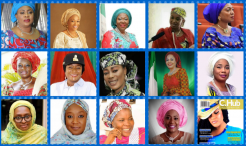
Deliberations for Women Legislators in Nigeria’s 9th National Assembly
Setting an agenda of issues affecting women for incoming Nigerian female legislators. Can only 18 women do much?
On May 29 Nigeria’s 9th democratic transition sees yet another 4-year mandate for new (well, not so new) custodians of the executive and legislative arms of government of the federal republic. At this peculiar period, clamor for women participation in government is louder than ever. It is not entirely out-of-place therefore to highlight female visibility in the new set-up of the country’s National Assembly (NASS) that becomes inaugurated in June.
Back in 2015, only a combined number of about 27 female members got elected into both red & green chambers. However, 2019 is witnessing even more further reduction to no fewer than combined 18 female lawmakers out of a total of 469 members (109 Senators & 360 House of Reps) of NASS – making it a poor 4% women representation in the 9th National Assembly.
Arguably, it is widely believed that nations with more women in parliament tend to experience improved national economy, simply because developmental policies are perceived to be effectively passed and implemented better with feminine presence. This seems true afterall, as evident in Ethiopia, Namibia, Rwanda, and South Africa with progressive economic development. Obviously the abysmal 4% women representation in Nigeria’s newly activated 2019 national parliament is far from an ideal female quota. Nonetheless, the few elected women legislators must propagate their strong qualities of positive ideologies, irrespective of political party affiliations.
Among those 18 women primed for the next 4 years are seven (7) Senators – Oluremi Tinubu, Lagos Central, APC; Stella Oduah, Anambra North, PDP; Akon Eyakenyi, Akwa Ibom South, PDP; Aishatu Ahmed, Adamawa Central, APC; Rose Oko, Cross River North, PDP; Betty Apiafi, Rivers West, PDP; and Uche Ekwunife, Anambra Central, PDP. While the eleven (11) House of Rep Members include – Nkeiruka Onyejeocha, Isiukwuato/Umunneochi constituency in Abia, APC; Aishatu Jibril, Dukku/Nafada constituency in Gombe, APC; Taiwo Olukemi, Ayedaade/Irewole/Isokan constituency in Osun, APC; Beni Butmaklar, Langtang North/Langtang South constituency in Plateau, PDP; Khadija Bukar, Gulani/Gujba/Damaturu/Tarmuwa constituency in Yobe, APC; Lynda Ikpeazu, Onitsha North/Onitsha South constituency in Anambra, PDP; Onuh Blessing, Otukpo/Ohimni constituency in Benue, APGA; Zainab Gimba, Bama/Ngala/Kala-Balge constituency in Borno, APC; Ogunlola Olubunmi, Ijero Ekiti West/Effon constituency in Ekiti, APC; Onanuga Adewunmi, Ikenne/Shagamu/Remo North constituency in Ogun, APC; and Tolulope Akande-Sadipe, Oluyole constituency in Oyo, APC. [verified via INEC Nigeria]
- Downsizers competing over a limited supply of park homes
- Coastal House Prices Surge Despite Wider National Stagnation
- 7 Reasons Your Property Is Struggling to Sell – Open Property Group Insight Reveals
- Stephen Lawrence Day: Baroness Doreen Lawrence OBE to issue certificates to 44 successful Black Entrepreneurs at SOAS
- “Ain’t I a Woman?”: Satire Tackles Racism & Sexism Faced by Black Women
In comparison, some rather smaller African countries have fared far better than Nigeria in regards to female presence in their respective national parliaments. The Inter-Parliamentary Union (IPU) recently revealed world’s Top10 nations having highest number of female parliamentarians – with Rwanda leading the way overall, followed by Cuba and Bolivia!
In Africa, a once genocide-raged country Rwanda has the highest rate 64% women presence in its parliament, while South Africa, Seychelles, and Senegal have 45%, 44%, and 43% female representation respectively in legislature. [data via IPU] As well, Kenya has relatively fair 24%, while Egypt recently in February 2019 passed a bill to amend its national constitution to allow 25% guaranteed quota for women in parliament. We, in Nigeria, can only hope for such workable quota-system to manifest in a foreseeable future.
More importantly for Nigeria, there is strong need for productive policies to be formulated & facilitated by better laws – especially as it concerns women and children. On expectations for the 9th NASS, I engaged some great women of resource and they have already set their agenda for elected female members towards achieving that prospective socio-economic growth.
Can just 18 female representation possibly effect any meaningful change? What policy changes are they expected to effect?
Ms Rolake Bello (@rollybello) – Radio presenter, Greentrepreneur, and an advocate for peace, justice, and equity – is deeply concerned about the plight of the average child, and she believes provision of basic amenities must further be backed by workable laws and policies. According to Rolake, “Statistic on malnutrition in Nigerian children is disheartening…and perhaps the scope of the school feeding programme (initiated by the FG) should be widened to government-owned schools in all 36 states, and as a way to improve enrollment in schools. Also, provision of atleast one clean water source for communities that don’t have access should be enabled to tackle ‘water poverty’.”
On her own part, the founder of Women4Africa, Tola Onigbanjo (@wisetola) is concerned about the rising rape cases involving police officers. “An effective law should support sensitizing & educating police officers about rape, while erring law enforcement officers in rape cases must face greater punishments”, Tola emphatically stated.
Legendary pioneer contemporary female rapper and social media influencer, Adeshola Idowu popularly known as “Weird MC” (@weirdmcofficial) however noted it isn’t going to be a ‘smooth ride’ for the women parliamentarians. “Bills addressing rape, domestic violence, rights of the girl child need to be passed rather urgently. Tradition and Culture have caused some of our lawmakers to look the other way while our young women and children suffer.” She said.
Sustainable development is a collective effort to achieve because we all are stakeholders. What is/are your area(s) of concern for Nigerian women legislators to improve? Feel free to share your thoughts.
Follow us on twitter – @C_hubmagazine

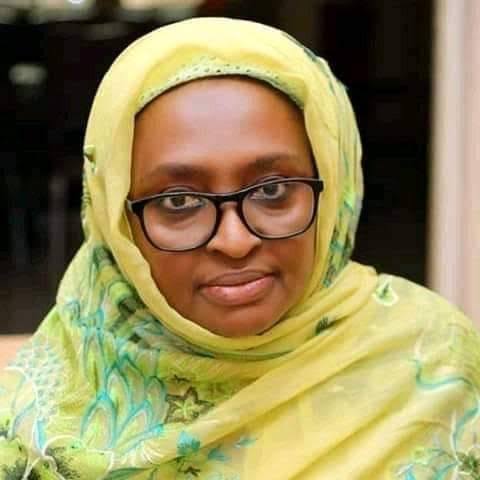
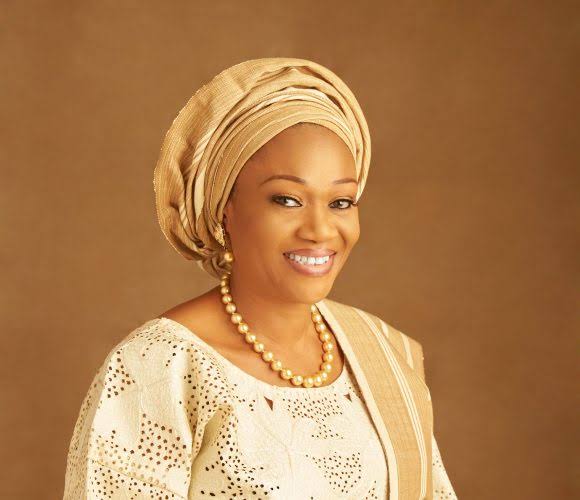
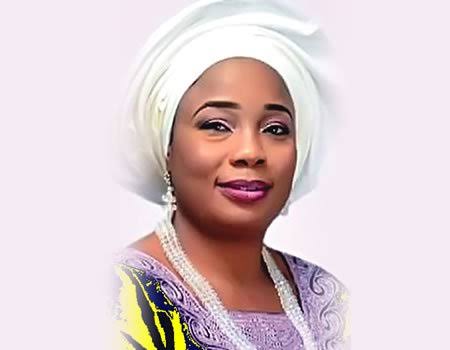
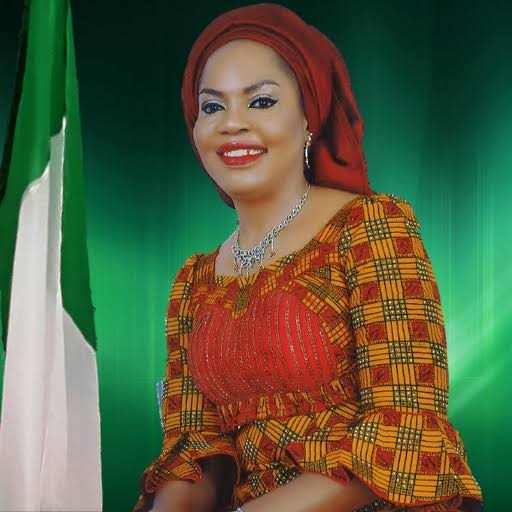
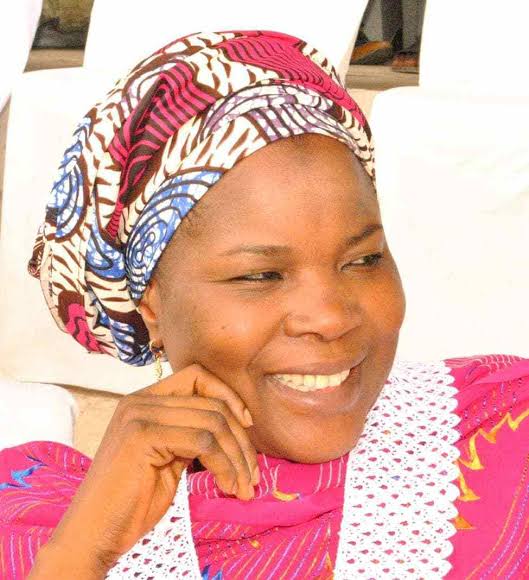
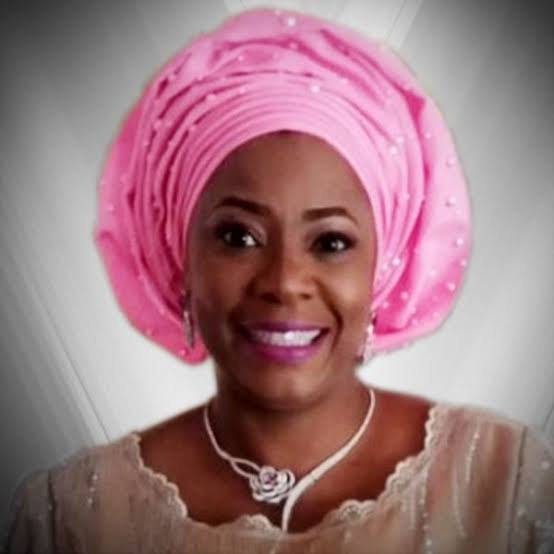
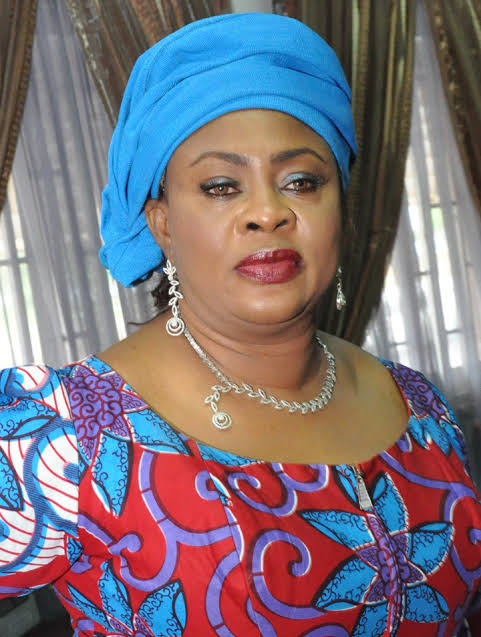
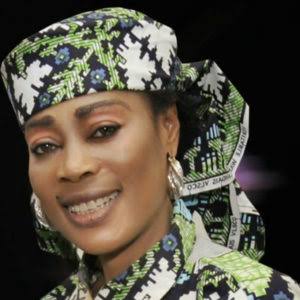
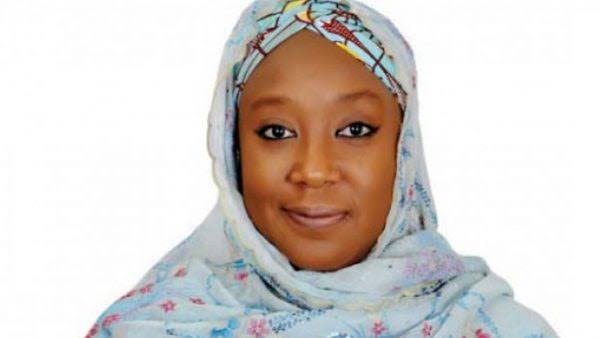
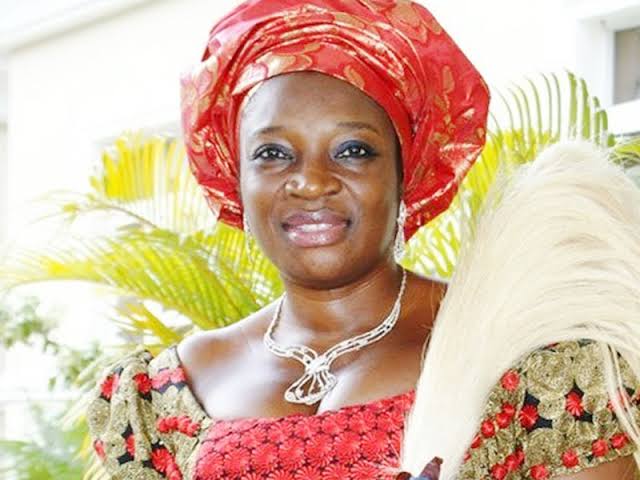
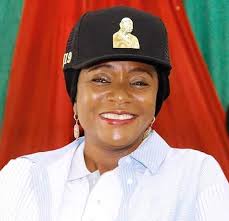
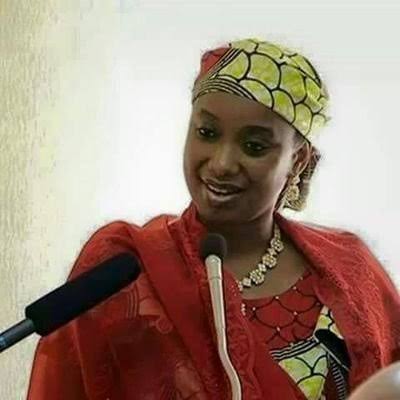
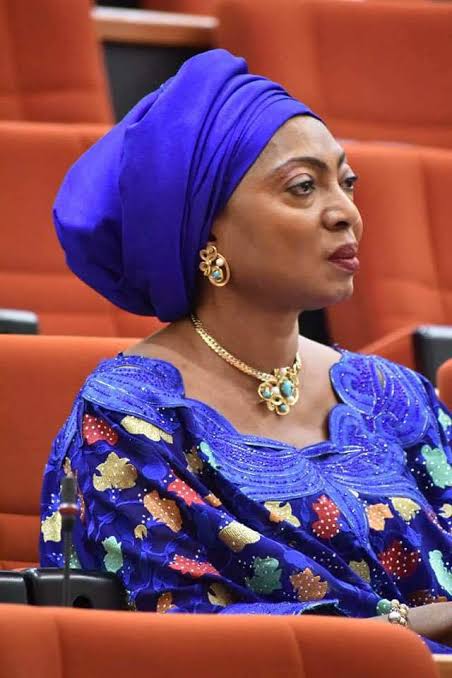
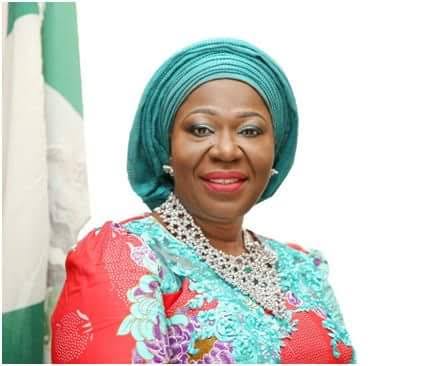








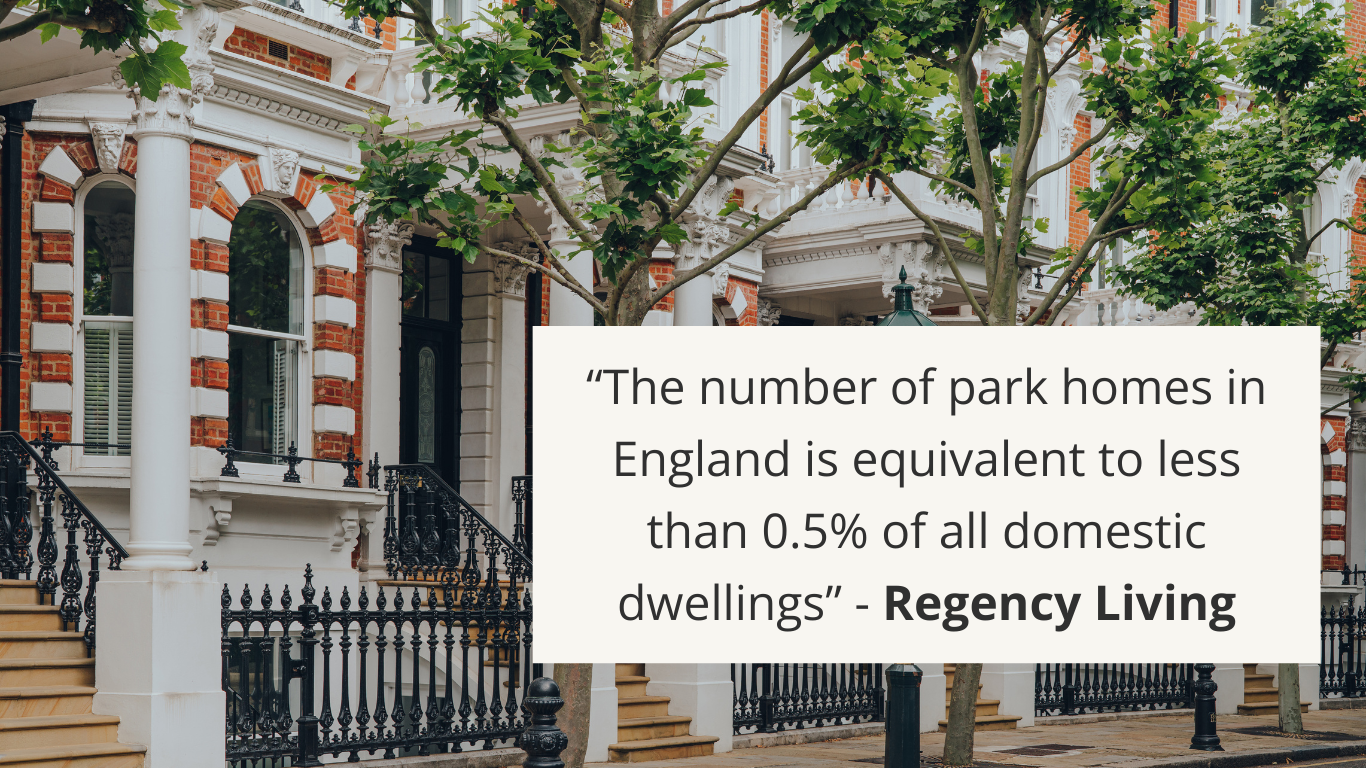
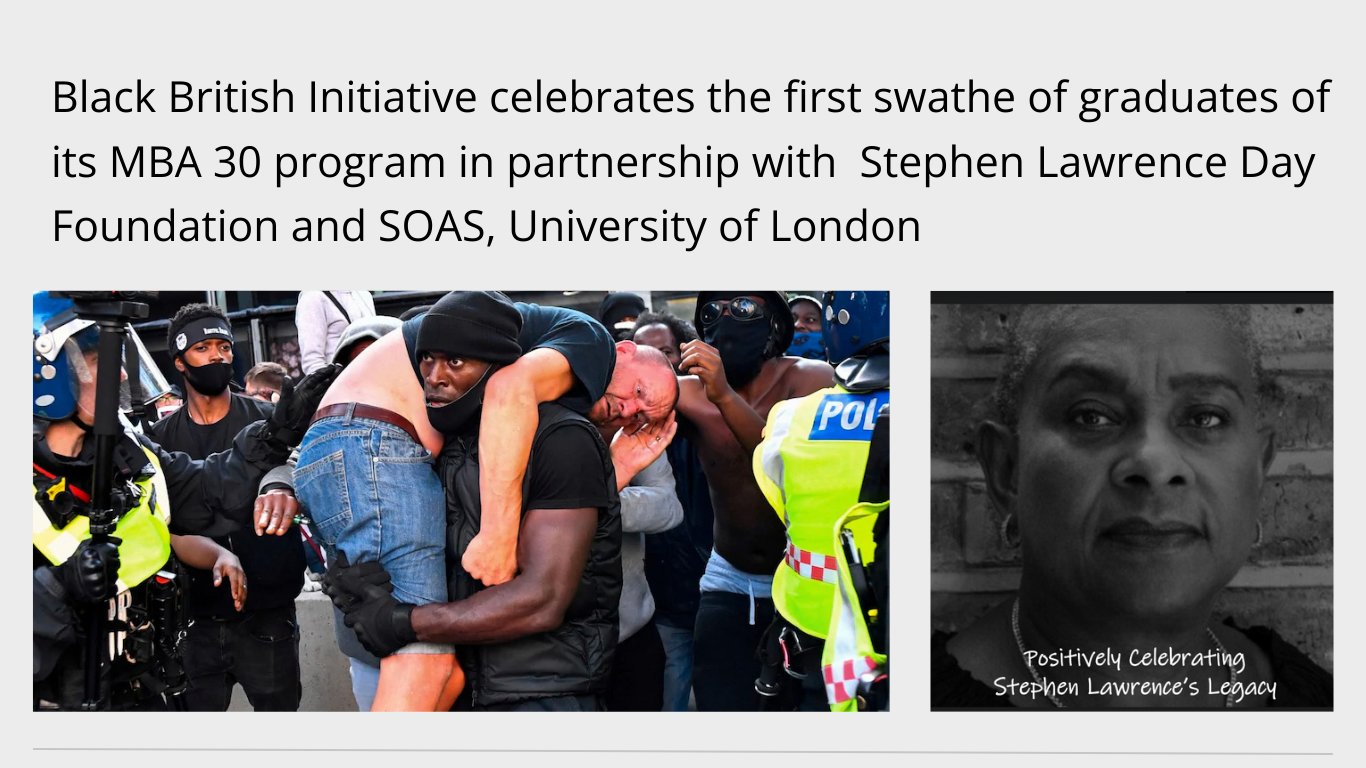
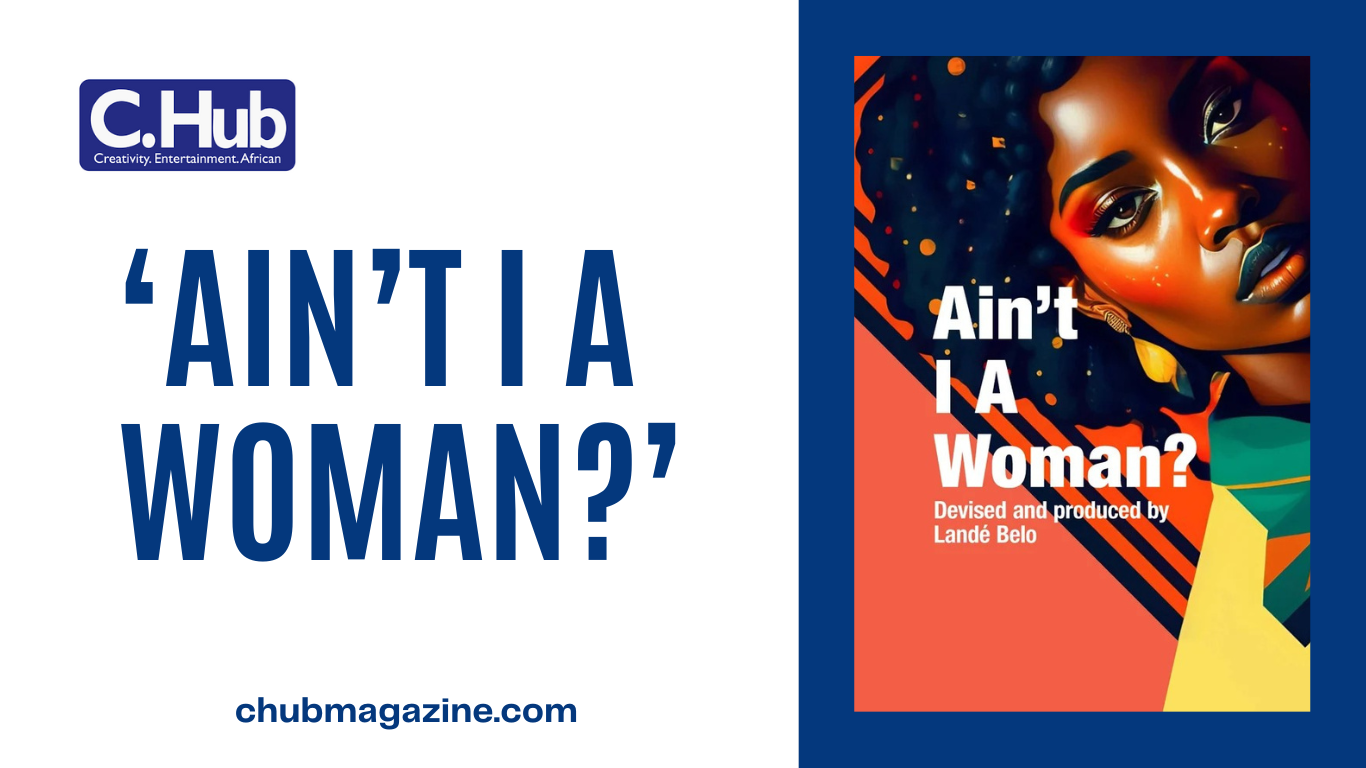

Comment